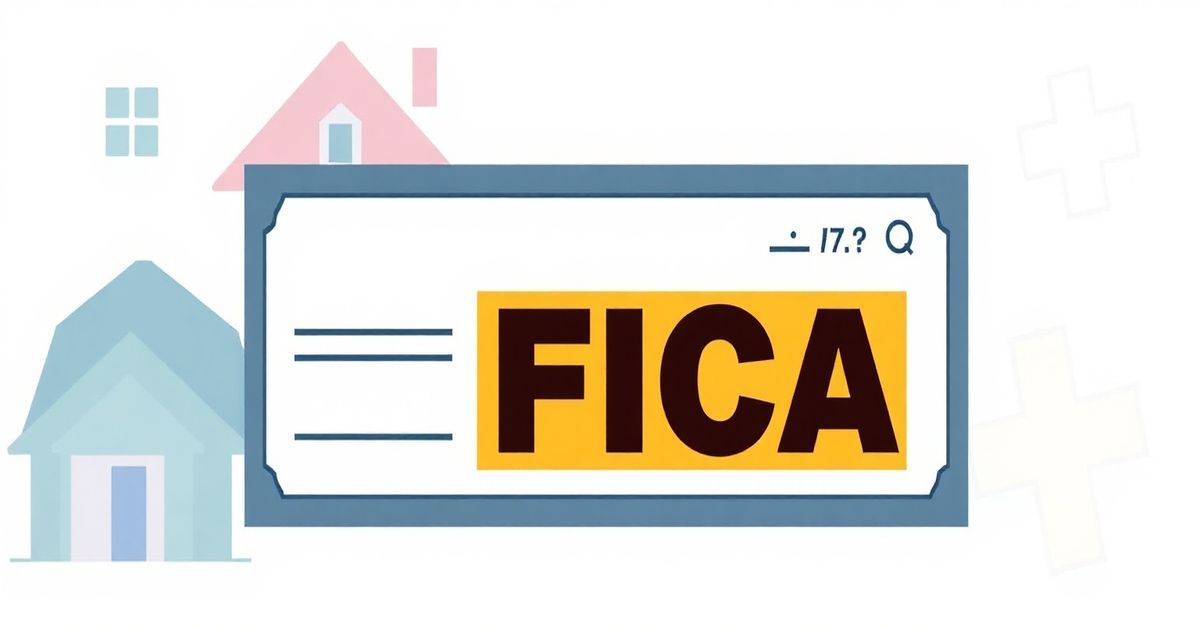Federal Insurance Contributions Act (FICA)
What is the Federal Insurance Contributions Act (FICA)?
The Federal Insurance Contributions Act (FICA) is a U.S. federal law that requires employers and employees to pay specific taxes to fund Social Security and Medicare. These FICA taxes are deducted from wages and contribute to these two critical social insurance programs.

